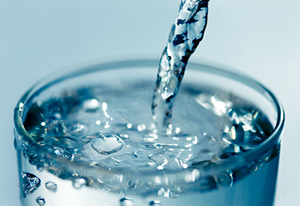07 Jul Drinking Water
DID YOU KNOW?
There has been a paradigm shift in our understanding of how fluoride works, which has validated the use of fluoridated toothpaste to reduce the incidence of tooth decay, and simultaneously abandoned the outdated notion that drinking fluoridated water or taking fluoride pills makes teeth stronger (Limeback, 2012, Fluoride therapy. Comprehensive preventive dentistry).
Like air, drinking water quality is something most of us take for granted, but can we afford to be so complacent? Australians often brag that they have one of the cleanest drinking water supplies in the world. Theoretically this assumption is correct if you drink it from the protected forest catchment area. As this is not permitted, the chemicals that are consequently added to ‘purify’ the water and the hundreds of kilometres of pipes through which it must travel, affect the quality of water that ultimately comes out of your tap. How much water should you drink? Find out HERE.
Water Pollutants
This will depend on your source of drinking water:
Testing Your Water
Water testing is critical if you are drinking water sourced from a tank or bore/well water in order to determine what is in your water supply. Send the water sample to a NATA accredited laboratory.
Which Water Filter?
I am often asked, “What’s the best water filter to buy?” and there is no simple answer to this question. This will depend on whether you are renting or have bought your home, water pressure, bench space or undersink space and how much you are willing to spend. Read more…
Want to learn more?
- Step 1: Read Chapter 5: Drinking Water in the Healthy Home Healthy Family book
- Step 2: Enrol in the Drinking Water course
- Step 3: Consider a career as a Building Biologist

